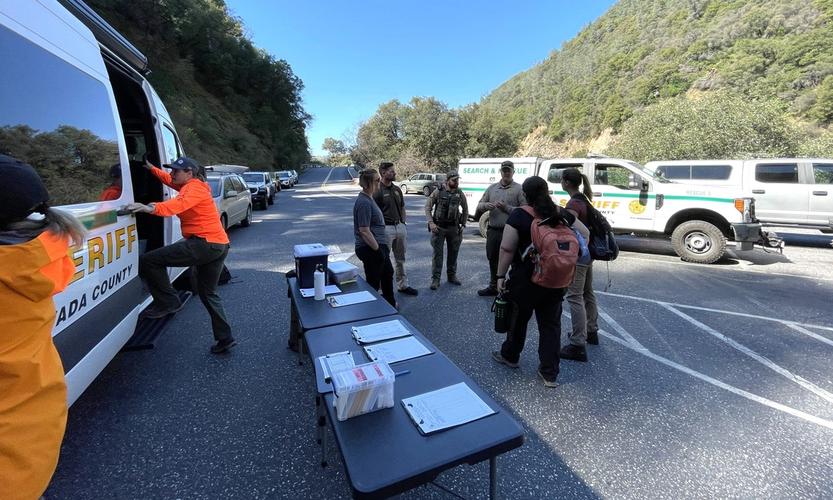Plague Detected in Domestic Cat in Eastern Sierra County
Press Release by Sierra County Environmental Health
February 1, 2024
LOYALTON — January 26, 2024: Sierra County Health officials have been notified by the California Department of Public Health (CDPH) that a domestic cat in eastern Sierra County has tested positive for plague. Although plague is present naturally in wild rodents throughout the mountainous regions of California, this is the first documented positive case of plague in a domestic cat in California since 2011. Sierra County Environmental Health is working with CDPH to monitor this situation. Plague is a highly infectious bacterial disease caused by the bacterium Yersinia pestis, which primarily affects rodents. Plague bacteria are most often transmitted by the bites of fleas that have acquired the bacteria from infected squirrels, chipmunks, and other wild rodents. Humans and their pets can get plague if they visit areas where wild rodents are infected. Cats are very susceptible to plague infection and frequently die without prompt veterinary care. A human can become infected when a cat with plague pneumonia coughs or sneezes. Pets (especially cats) that become ill after being in a plague area should be examined by a veterinarian. Cats and dogs living in areas where plague is found may also bring plague-infected fleas into the home. People can be exposed to plague when they are bitten by infected fleas. “There are no recent cases of human plague in Sierra County. Plague has been identified rarely in humans and domestic cats in this region over the past decades, the most recent human cases in Sierra County were in 1977 and 1980. It is vital that the disease be diagnosed and treated in its early stages to reduce risk of developing pneumonic plague which is far more serious and contagious.” states Dr. Celia Sutton-Pado, Health Officer for Sierra County. In humans, symptoms of plague usually show up within 2 to 8 days of exposure to an infected animal or flea and include sudden onset of fever, nausea, weakness, chills, muscle aches, and swollen lymph nodes. Contact a physician immediately if you become ill within 8 days of being in a plague-affected area or have had direct contact with sick or dead rodents in these areas. Plague can be effectively treated with antibiotics if detected early. You can help with diagnosis by telling your doctor where you have been and that you may have been exposed to plague. The most important wild rodents that can carry plague in the Sierra Nevada region are ground squirrels and chipmunks, although other rodents such as woodrats, mice, and voles can be infected. Plague is lethal to many rodents. Therefore, an increase in sick or dead rodents is a possible warning that plague may be in the area. Sierra County residents and guests are urged to take the following general precautions to help prevent the exposure to plague: State and local health officials will continue to monitor the situation. To report a sick or dead rodent or for questions about plague, please contact Sierra County Environmental Health at (530) 993-6716.Tips to prevent plague include the following:
Featured Articles

Human Remains Found Near South Yuba Bridge in March Identified →
December 17, 2025
Authorities identify remains found in March as Aaran Sloan Taylor, seeking next of kin.
Transfer Station Burn Suspended After Community Concerns →
December 16, 2025
Sierra Hardware Plans Extensive Repairs After Flood Damage →
December 8, 2025
Sheriff’s Office Accepts $60,000 Grant for New Search and Rescue Team →
December 2, 2025
Confusion Surrounds Release of the Plumas County Grand Jury’s Report →
December 4, 2025